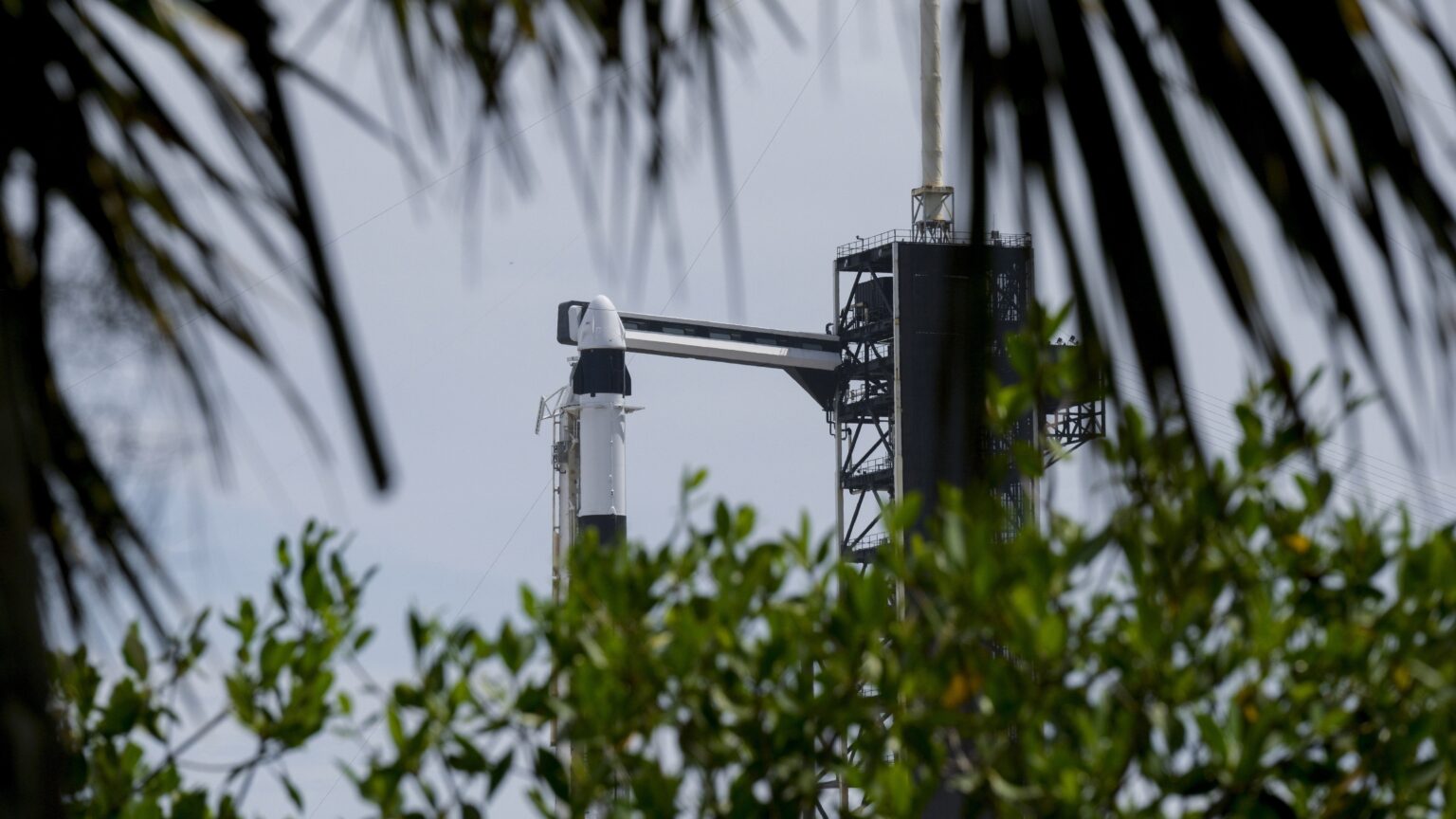
SpaceX postponed the launch of Axiom’s fourth private space mission just minutes before liftoff due to a liquid oxygen leak. The Ax-4 crew would have included the first Hungarian, Indian, and Polish citizens to board the International Space Station.
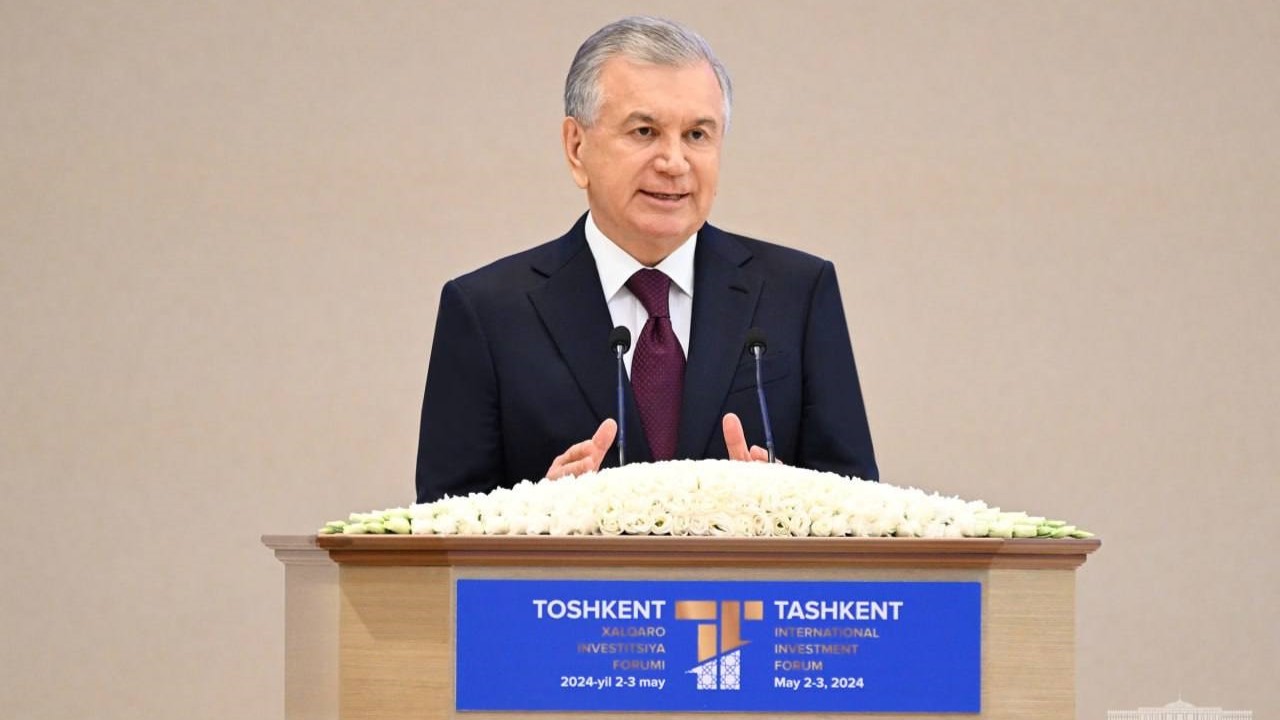
Uzbekistan’s new ‘Golden Visa’ programme offers 5-year residency to foreign investors for $150,000 per family member. Aimed at boosting investment and economic growth, the initiative strengthens legal guarantees, fosters international cooperation, and reflects the country’s ongoing commitment to openness and reform.

A new four-star hotel, the TRIBE Budapest Airport Hotel, has opened just steps from Terminal 2 of Liszt Ferenc International Airport. Developed by WING and operated with Accor, the stylish new facility offers 167 rooms, a rooftop bar, and direct airport access.

Liverpool FC has announced the signing of 20-year-old Hungarian goalkeeper Ármin Pécsi from Puskás Akadémia. Midfielder and Hungarian national team captain Dominik Szoboszlai is already playing for the reigning English champions; while another Hungarian international, left-back Milos Kerkez, is reportedly close to joining the Reds.

Contrary to fears, AI is increasing jobs while transforming work, according to PwC’s Global AI Jobs Barometer 2025. High-exposure sectors saw 38 per cent job growth (2019–2024), higher wages, and faster revenue increases. However, skill demands are shifting rapidly, requiring continuous learning.

Aaron Cox, a 24-year-old Sergeant in the 101st Airborne Division in the US Army from Texas, sadly passed away last week in a vehicle accident during a training exercise at Camp Croft, a NATO military base near Veszprém, Hungary.
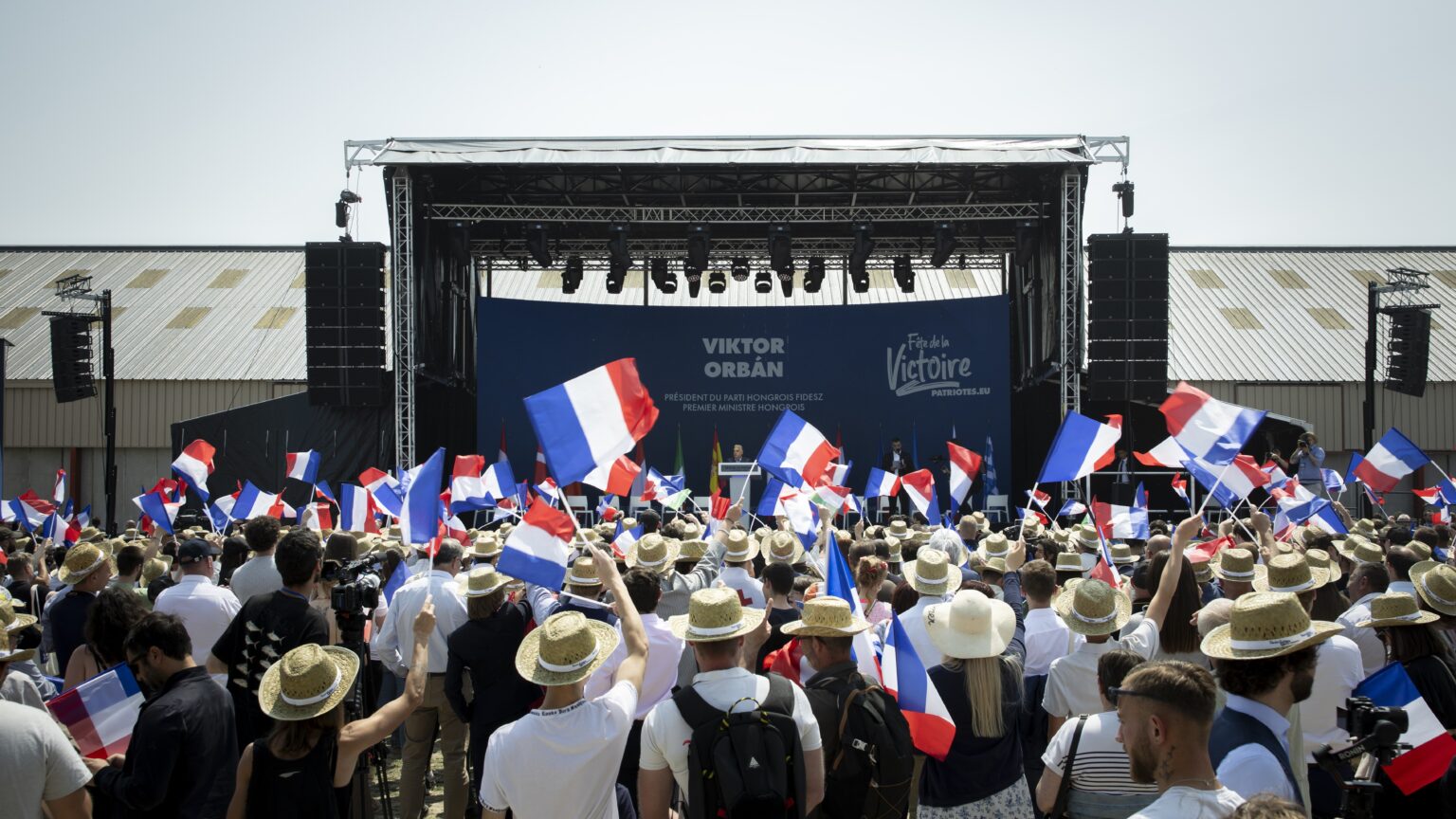
Speaking at a Patriots for Europe event in France, Viktor Orbán called Hungary the EU’s ‘black sheep’ and ‘final Christian bastion’. He urged European conservatives to unite against Brussels, oppose war, and defend national sovereignty and identity.
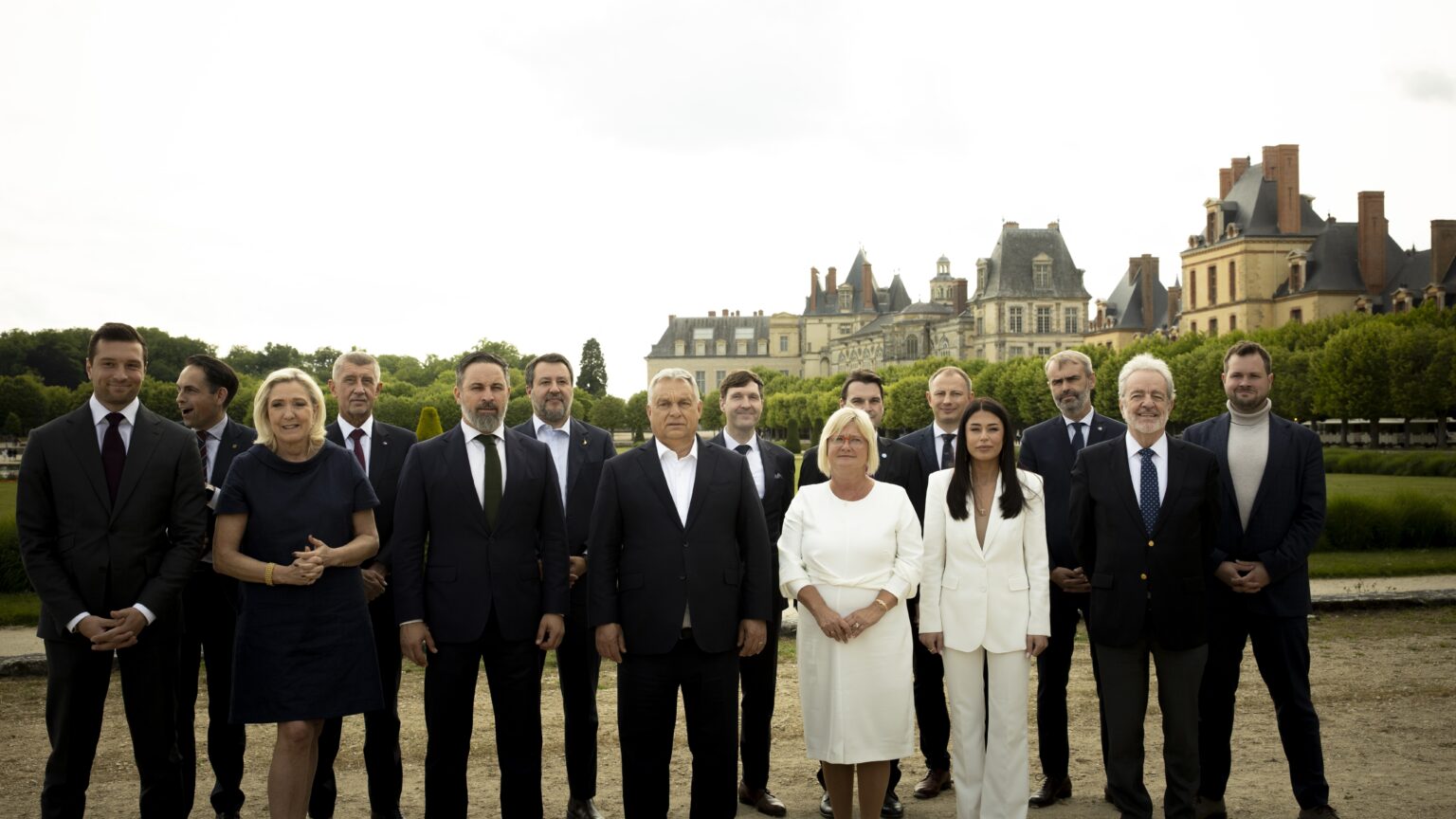
After meeting in Fontainebleau, leaders of the Patriots for Europe alliance pledged to reshape the EU into a continent of peace, power, and sovereignty, rejecting centralization, open-border migration policies, and further escalation in Ukraine.

Budapest Mayor Gergely Karácsony halted public transport for ten minutes to protest PM Orbán’s supposed draining of the city finances. He blames a state-imposed ‘solidarity contribution’, while the national Fidesz government blames the liberal city leadership’s poor fiscal management and claims the order to halt public transport was illegal.
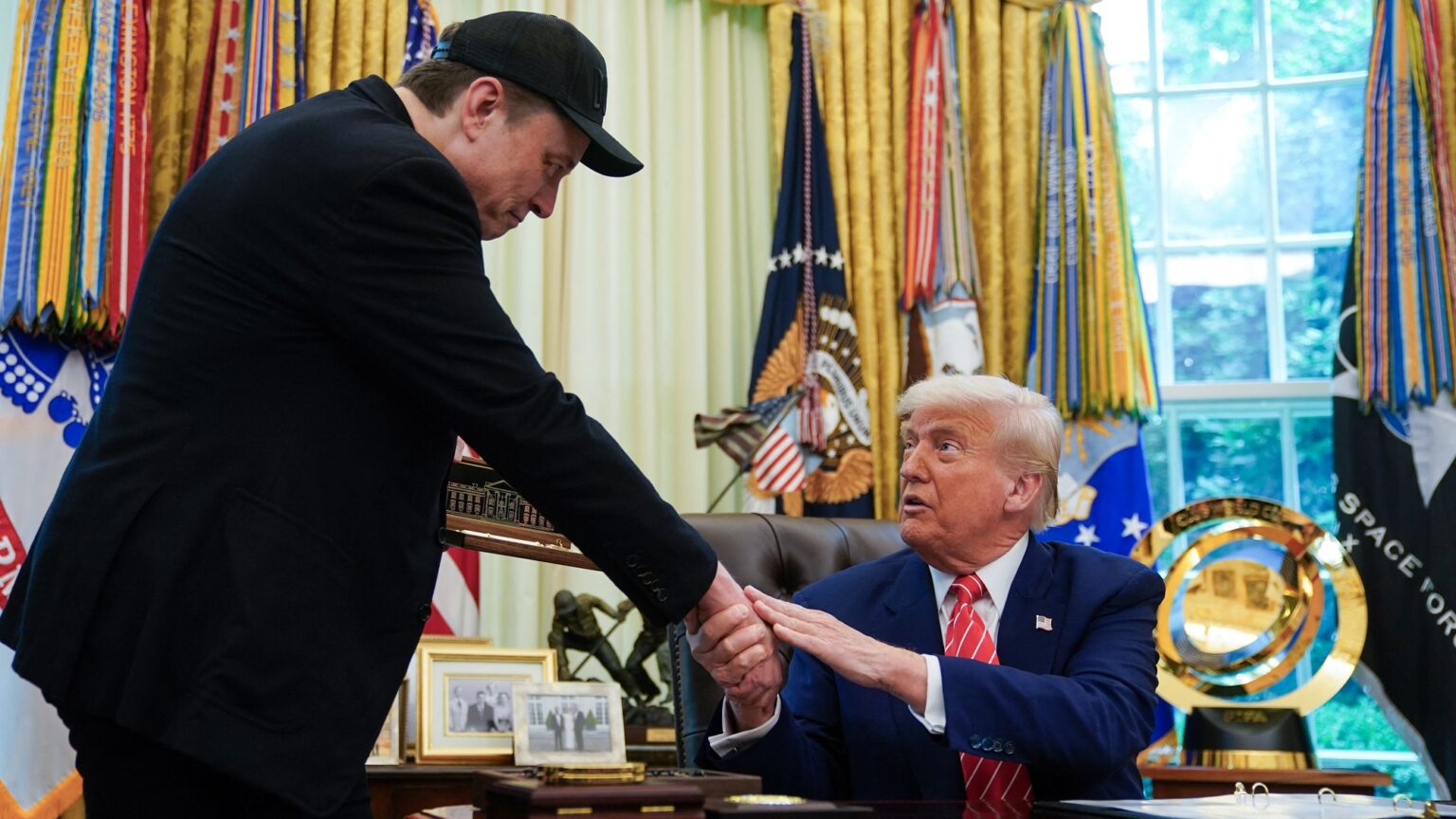
They were close friends and allies only a week ago, now they are bitterly feuding with each other: US President Donald Trump and the world’s richest man Elon Musk cannot seem to agree if the new spending bill reduces or increases the deficit.

In a radio interview, PM Viktor Orbán reaffirmed Hungary’s opposition to Ukraine’s EU accession, accusing Brussels of foreign interference and warning of a push to install a pro-Ukraine government in Budapest. He also addressed national security concerns, criticized opposition parties and city leadership, and pledged stronger action against Hungary’s worsening drug crisis.
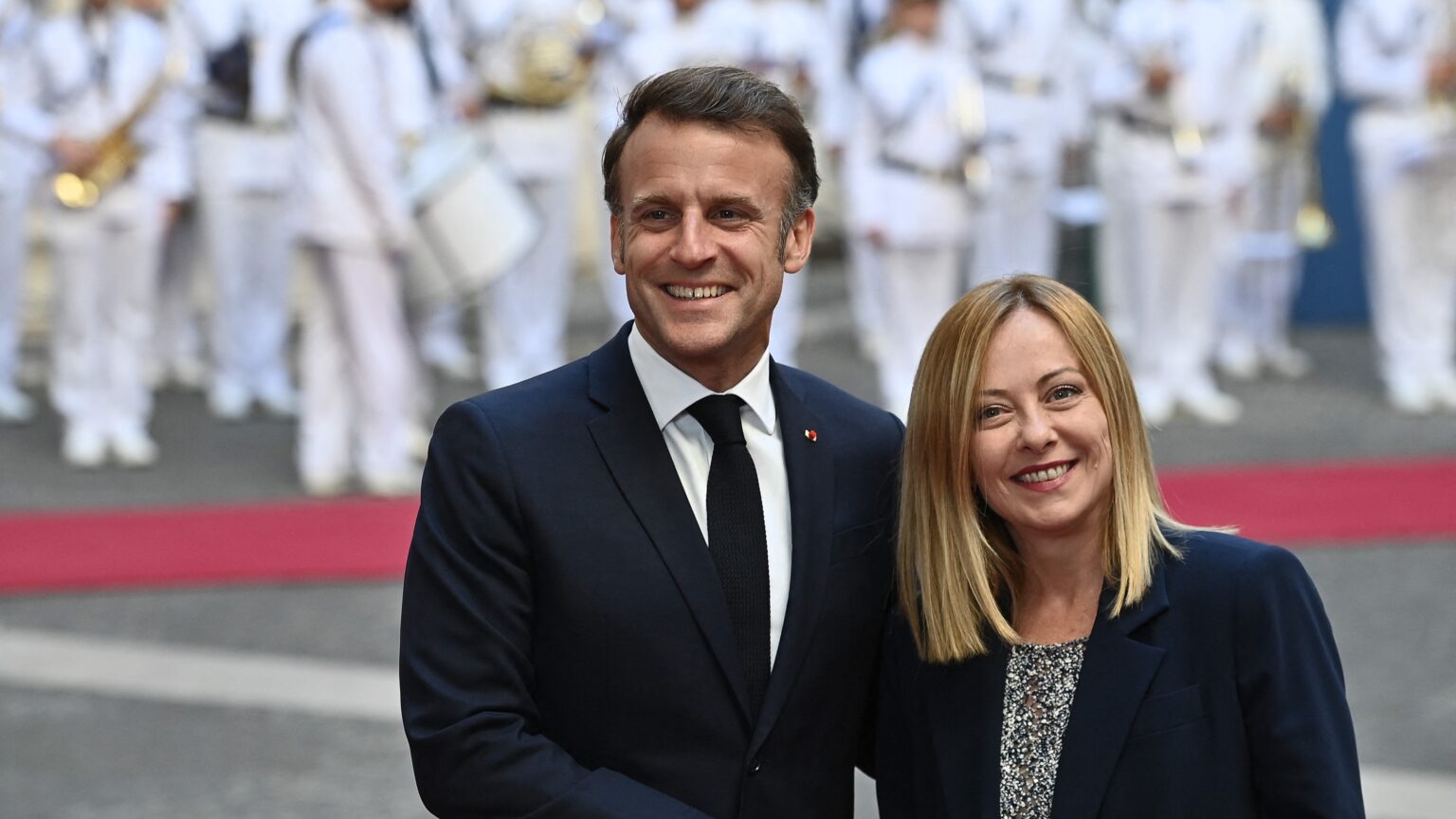
‘Indeed, right-wing identity is often rooted in instinct—attachment to family, country, and order—rather than in ideology or theory, unlike the left, which has always had its “little red books”. The real challenge for the right is to move from instinct and sentiment toward structured political thought.’

A new national survey commissioned by MOL shows overwhelming public support in Hungary for renewable energy. 92 per cent want more state investment in green power, and 91 per cent back increased production. Support is especially strong for solar, wind, and geothermal energy, aligning with MOL’s $4 billion sustainability push.
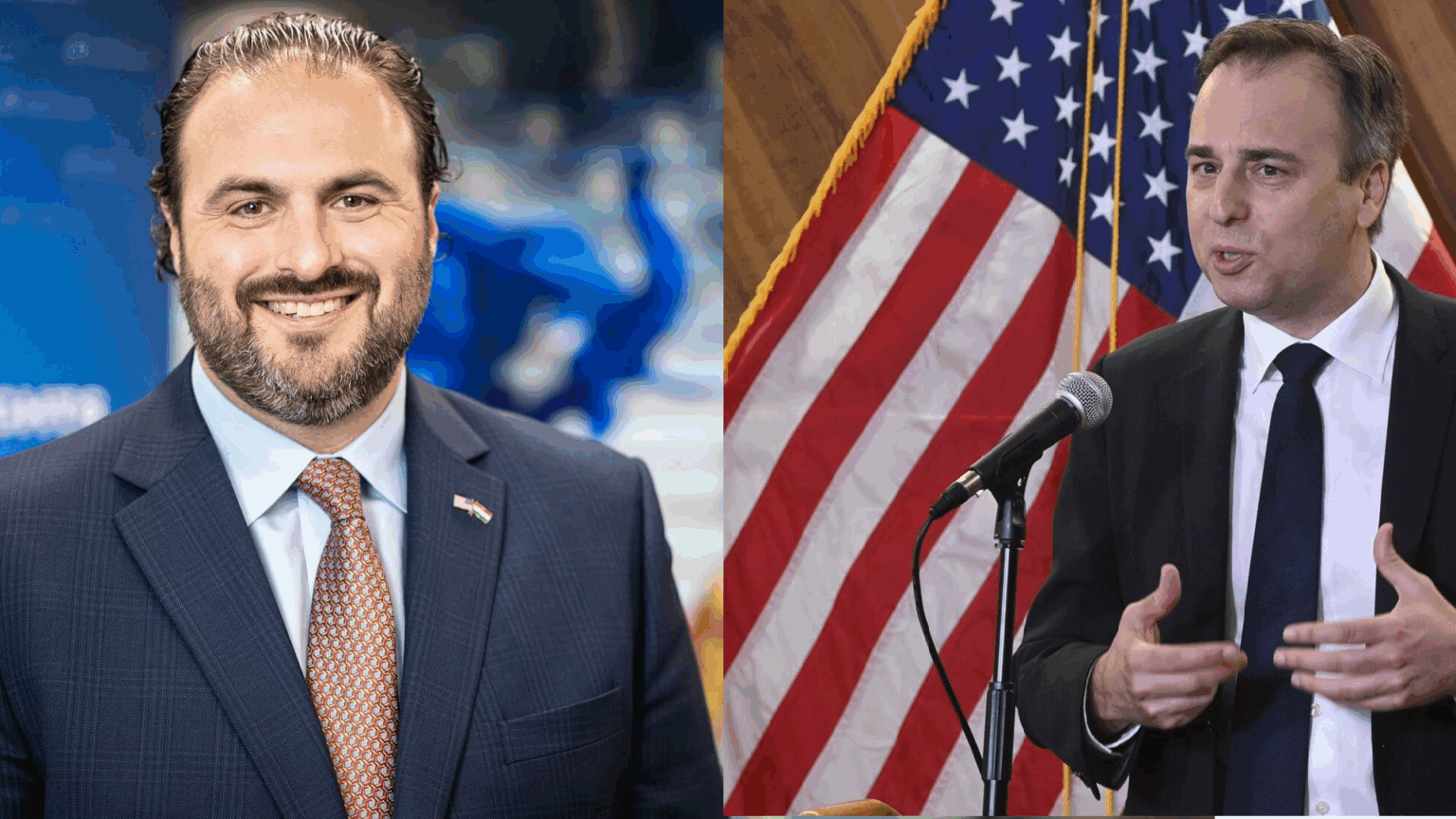
Hungarian influencer Stefi Déri has proposed a debate between Bryan Leib and former US Ambassador to Hungary David Pressman. Pressman often criticized Hungary, drawing frequent rebuttals from Leib. While Leib has accepted the challenge, Pressman has yet to respond.
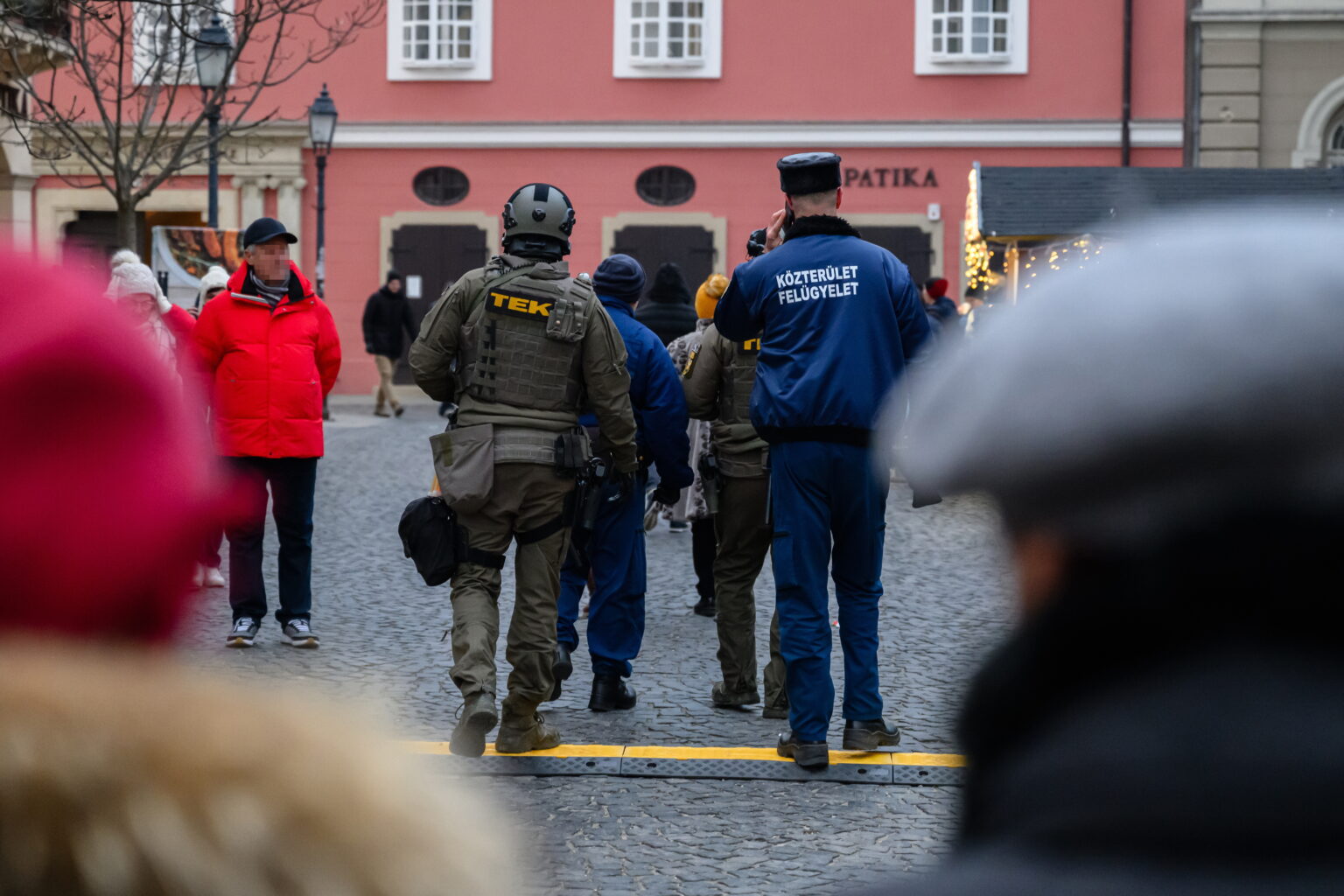
István Holló, a Ukrainian citizen who is suspected of espionage and has ties to high-ranking members of the opposition TISZA Party, will remain in the custody of Hungarian police indefinitely during his criminal investigation.
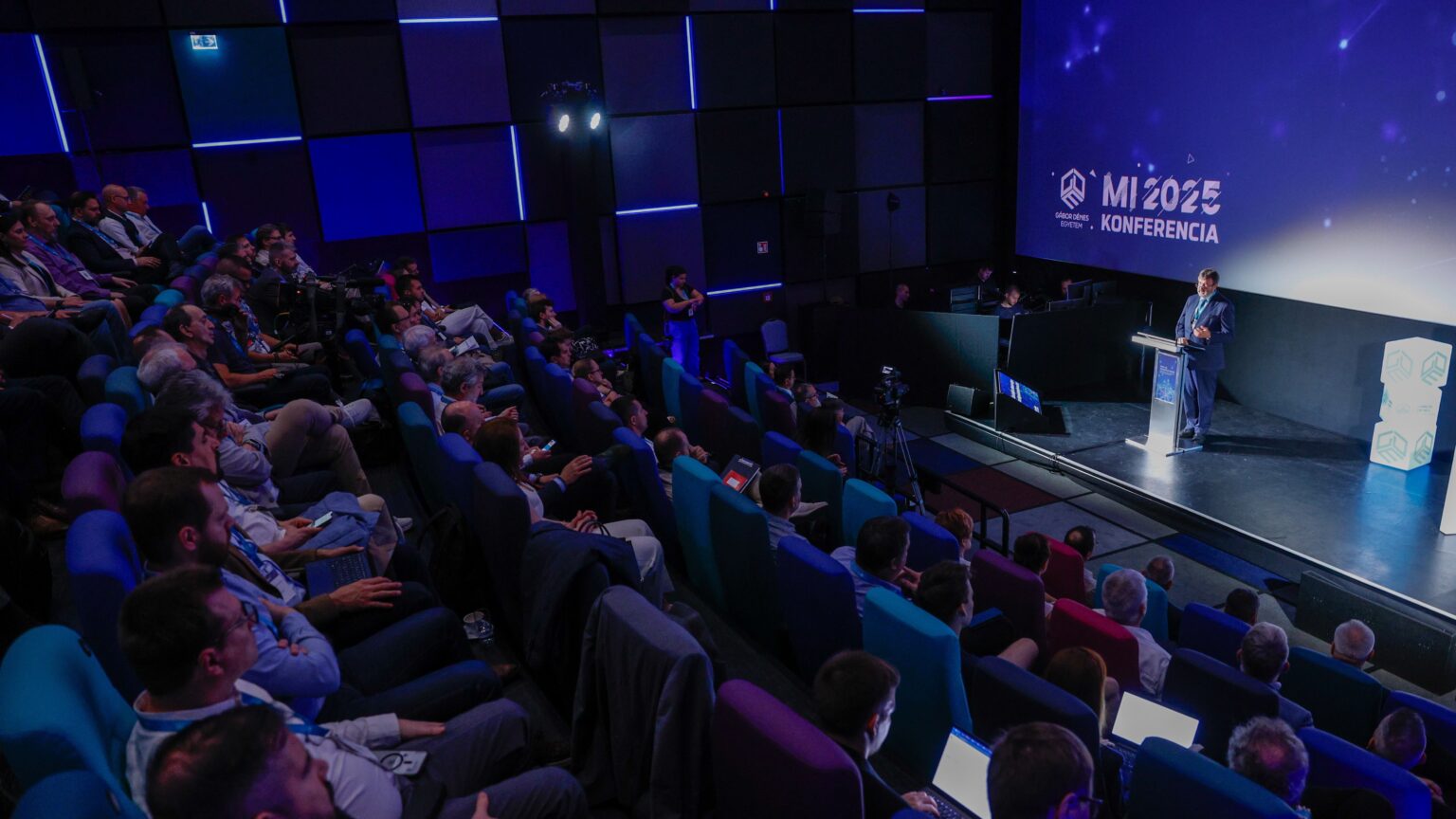
Hungary is preparing to adopt an updated national AI strategy, announced government commissioner László Palkovics. The revised plan reflects EU regulations and promotes broader access to data, AI education, and public engagement.
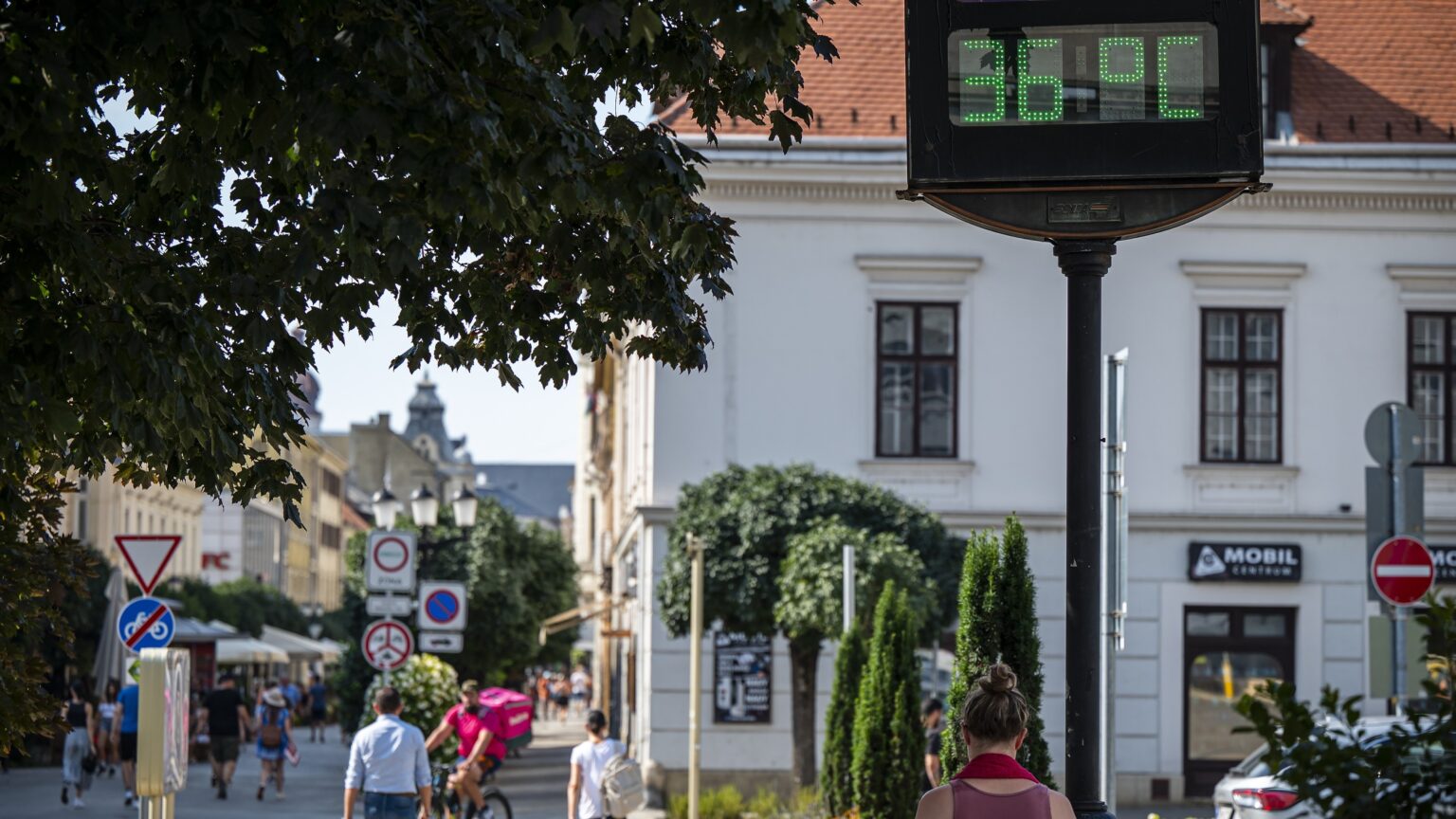
Hungary’s Chief Medical Officer has issued a second-level heat alert across the entire country from Thursday to Sunday night. With temperatures rising well above seasonal norms, health authorities urge citizens to take precautions to avoid heat-related risks.

At the MCC Budapest Summit on Technology and Society, leading thinkers explored how artificial intelligence is transforming society—from reshaping creativity and mental health to challenging traditional education and democracy. Can humanity guide tech without losing itself?
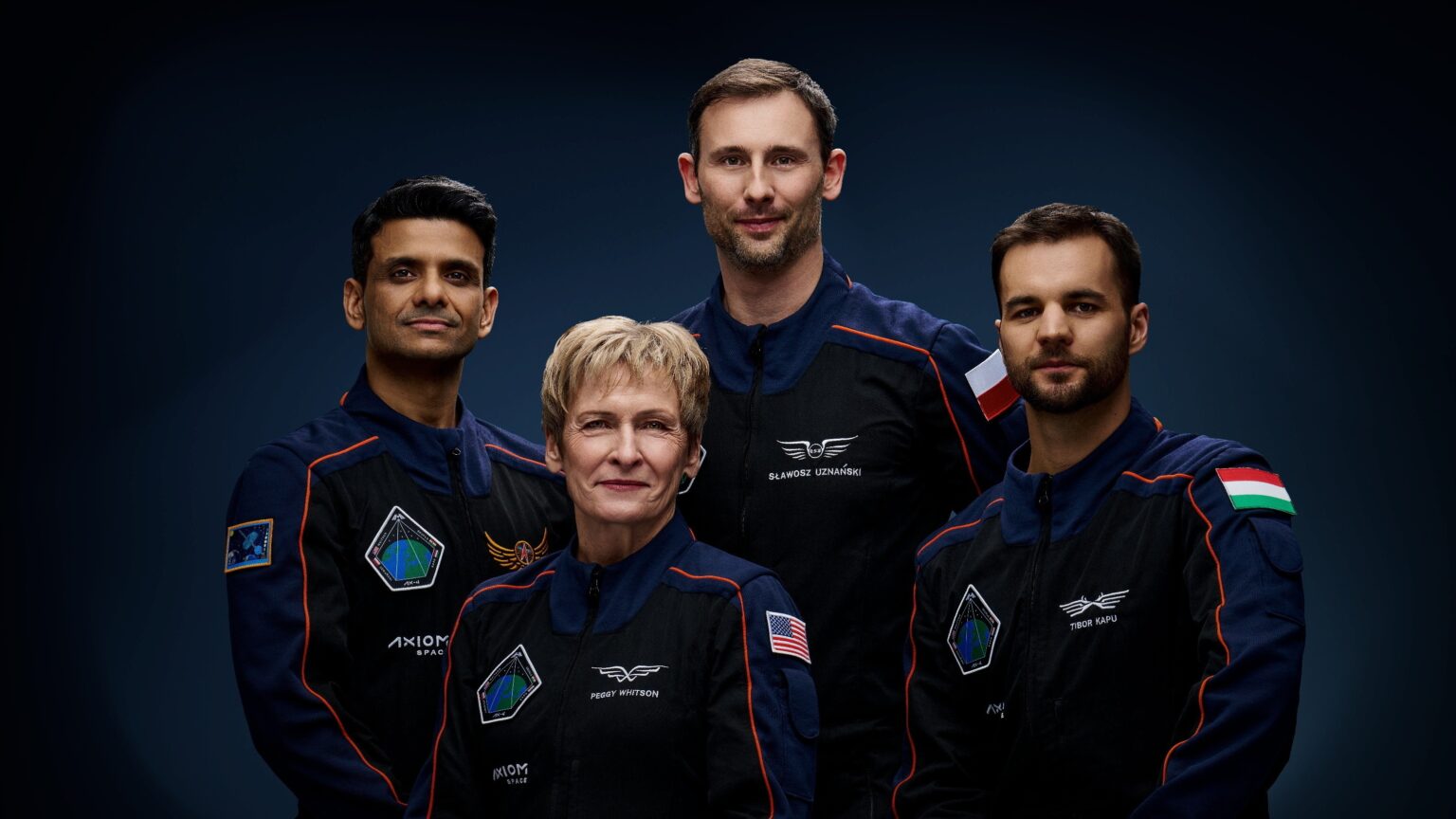
Hungarian astronaut Tibor Kapu is set to launch into space as part of the Axiom-4 mission on 10 June, conducting 25 Hungarian experiments aboard the ISS. He called the opportunity a profound honour and a shared national achievement.
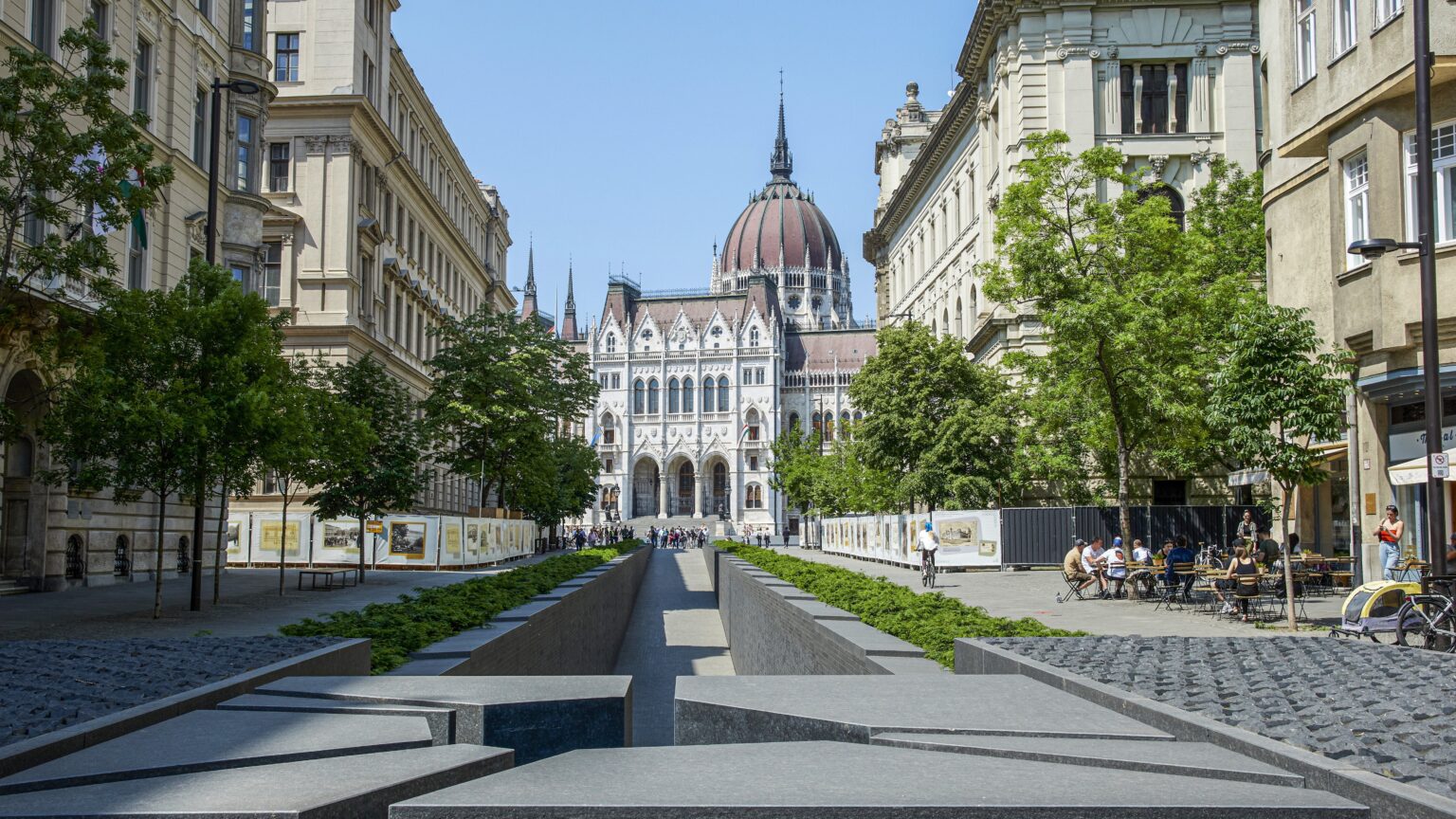
On 4 June, Hungary marks the Day of National Unity, commemorating the 1920 Treaty of Trianon, which redefined the country’s borders and left millions of ethnic Hungarians outside the nation’s territory. The day honours shared identity beyond borders.

Glenn Fahey, Catherine L’Ecuyer, János Setényi, and Avrum Tomer have discussed the benefits and drawbacks of using new technology, primarily AI, in the public education system to teach our children on Day 2 of the Mathias Corvinus Collegium’s Budapest Budapest Summit on Technology and Society.

Pepsi production has returned to Hungary: thanks to an 11-billion-forint investment by Szentkirályi Hungary, local bottling has replaced imports. The government supported the project with HUF 3.8 billion, emphasizing both economic and environmental benefits.
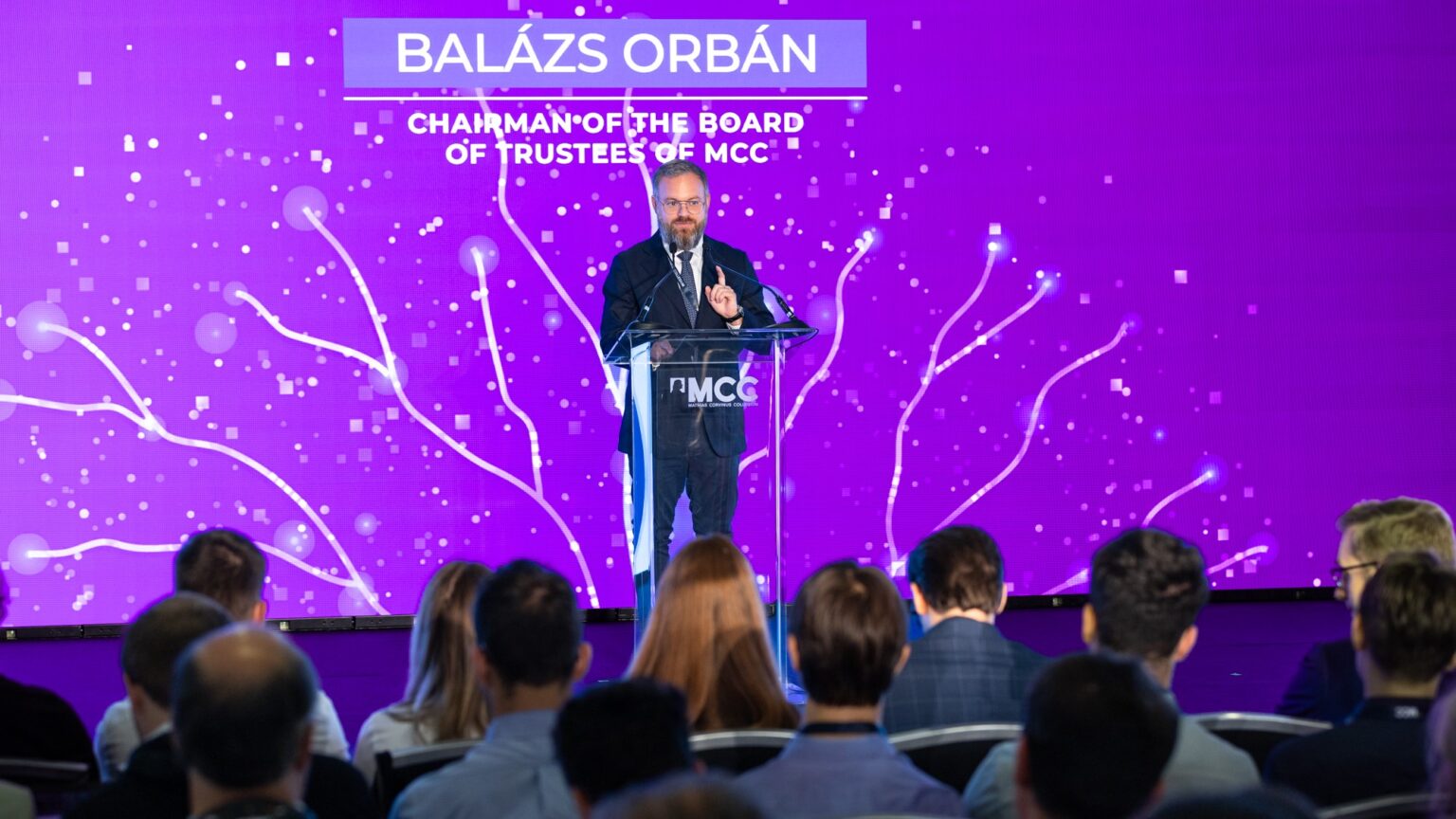
At the Mathias Corvinus Collegium Technology Summit, Director General of MCC Zoltán Szalai and Balázs Orbán, political director to the Hungarian prime minister, explored the deep societal impacts of the digital revolution—from childhood libraries to generative AI, from European regulation to Jurassic Park’s ethical warnings—urging a human-centred response.
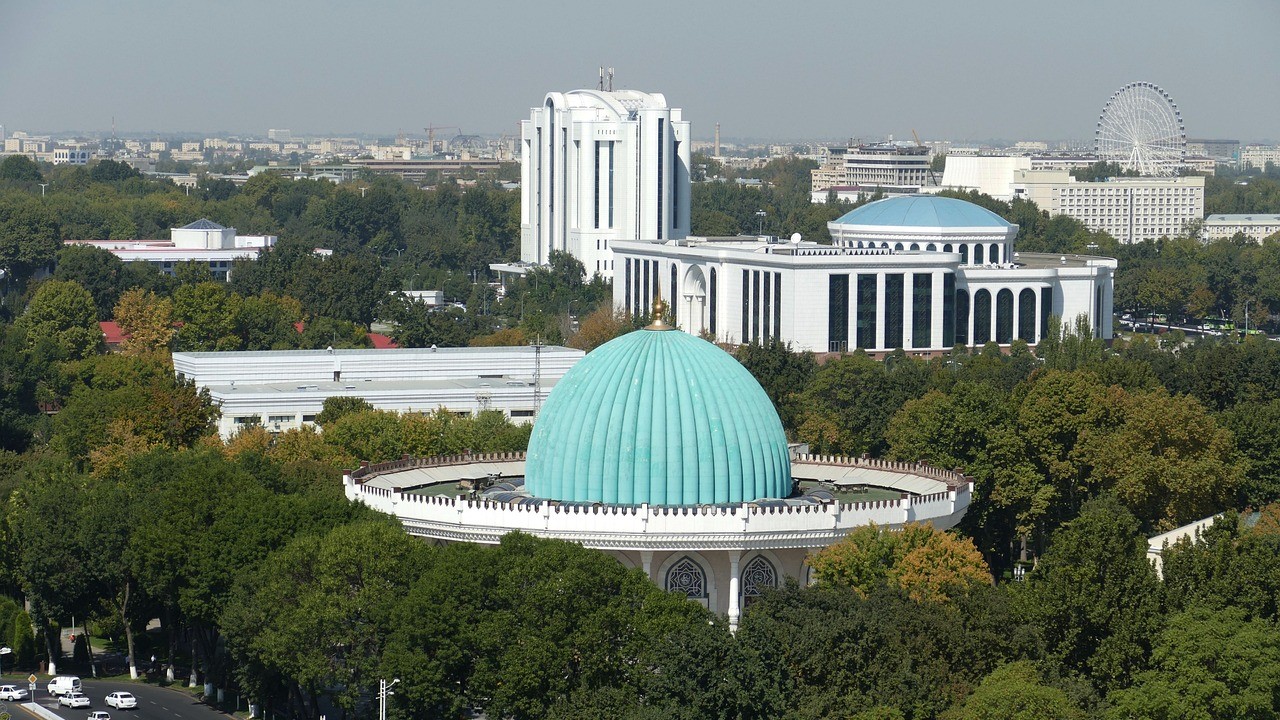
‘In June 2024 Hungarian eco-activists participated in the International Environmental Camp in Samarkand, organized by the Zamin Foundation with the support of the Ministry of Ecology, UNICEF, UNDP, FAO, and other partners. This event strengthened the ties between the youth of both countries, laying the groundwork for a new generation of environmentally responsible leaders.’
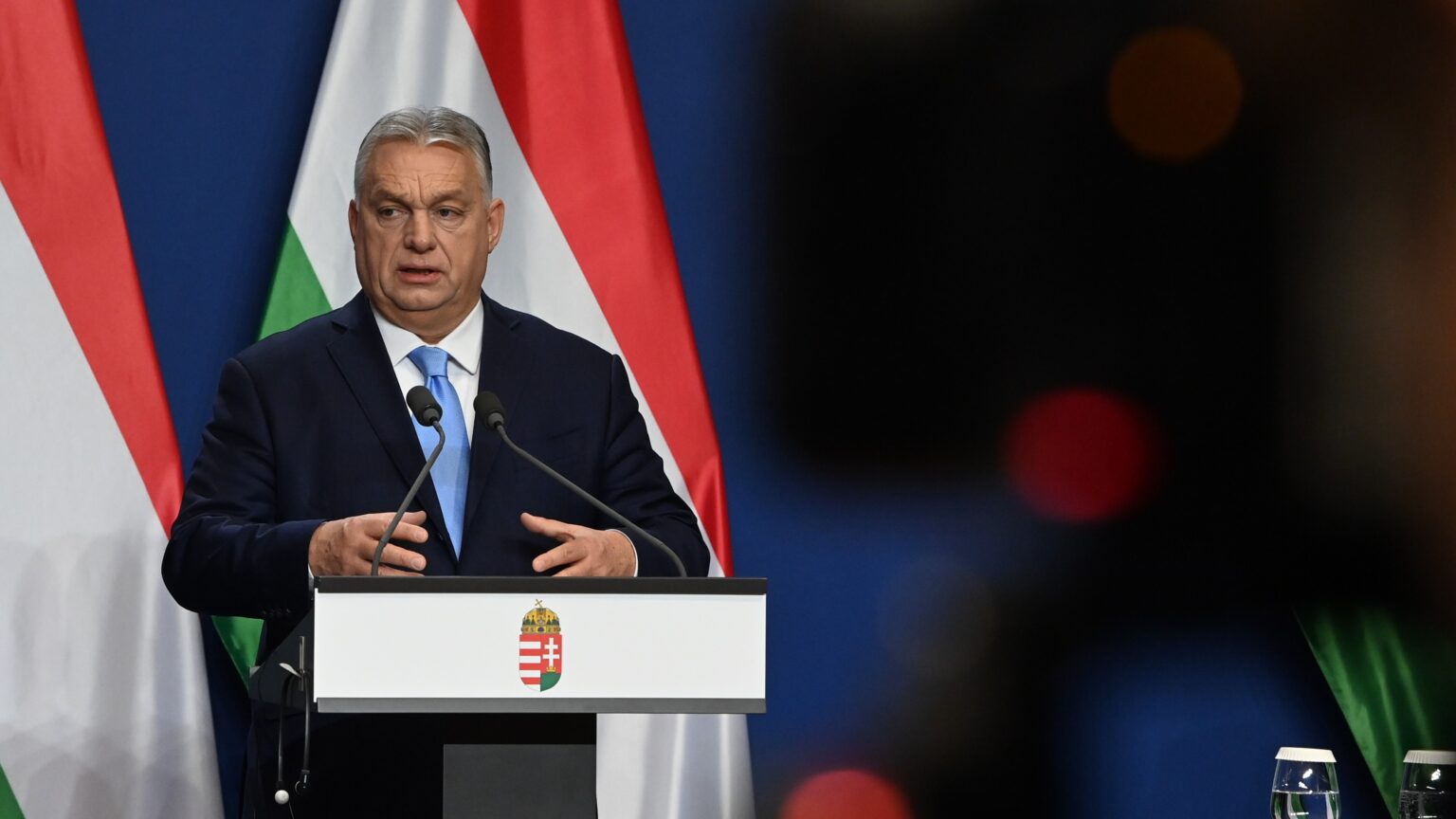
Prime Minister Viktor Orbán of Hungary has spoken before the General Assembly of Delegates of the Hungarian Chamber of Commerce and Industry (HCCI) on the occasion of the signing of a strategic cooperation agreement between the Hungarian government and HCCI. There, he told the attendees: ‘There can be no successful management, no successful economic policy, without a strong entrepreneurial class.’
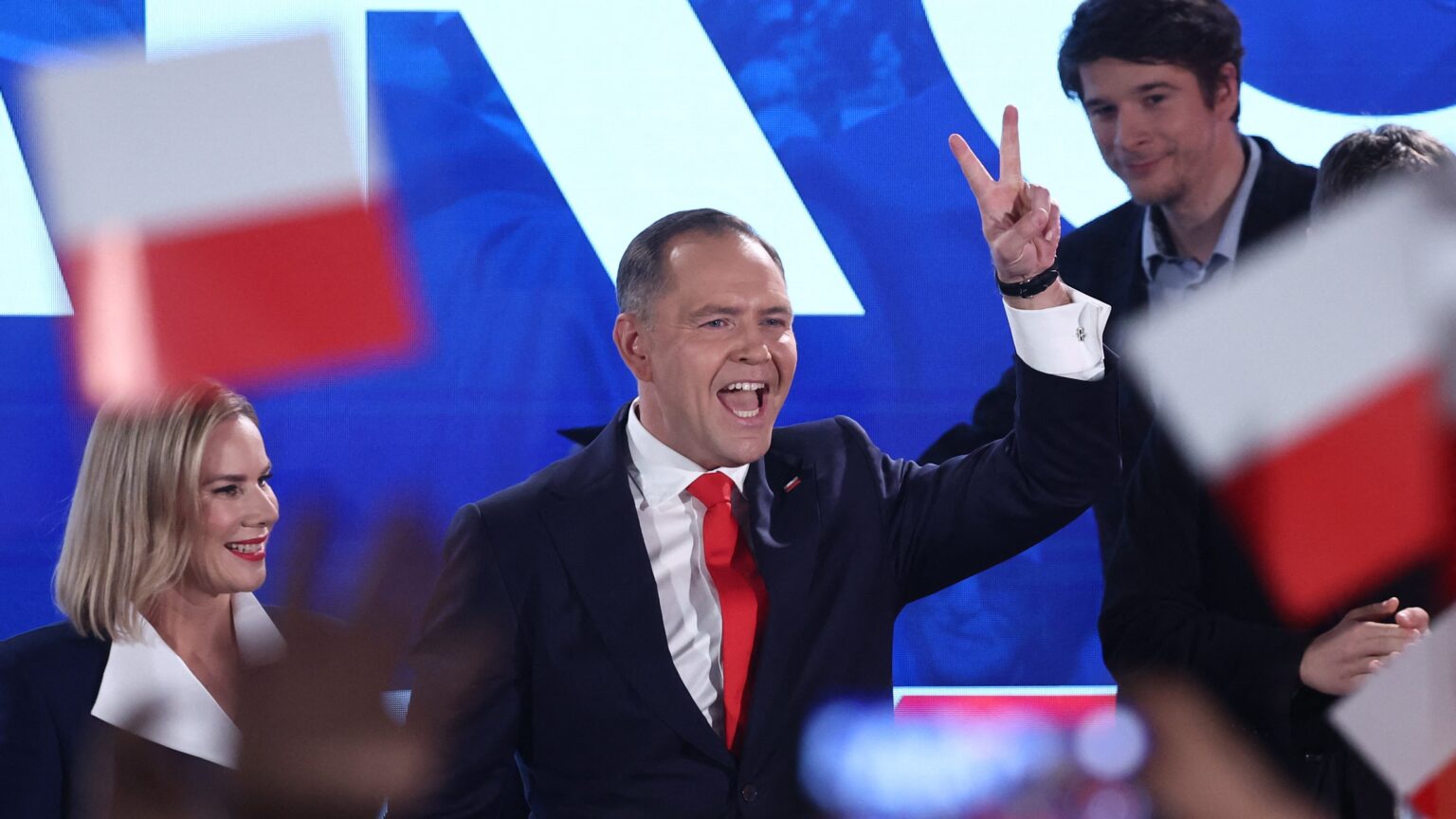
Karol Nawrocki has narrowly won Poland’s presidential election with 50.89 per cent of the vote, backed by the opposition PiS party. His victory may reshape Polish domestic politics and reinvigorate regional alliances like the Visegrád Group.

Moody’s has reaffirmed Hungary’s investment-grade credit rating, aligning with other major agencies. The government highlights strong employment, rising wages, and record tourism as signs of a stable economy with growing investor confidence.

In just three months, Hungary’s DELTA Programme triggered over 3,500 criminal investigations, seizing more than half a ton of drugs and exposing major trafficking networks. Authorities say the initiative has reduced drug use and curbed the spread of narcotics.

In the most lopsided scoreline in the history of the finals of the primary European club competition, Paris Saint-Germain beat Internazionale 5–0 in Munich, Germany. Transylvanian Hungarian István Kovács refereed the historic game.

Hungary has received its first L-39NG trainer jets, marking a milestone in national defence and military aviation. The aircraft will bolster independent pilot training and support Hungary’s growing role in NATO’s European aviation programmes.

Hungarian Conservative is a quarterly magazine on contemporary political, philosophical and cultural issues from a conservative perspective.